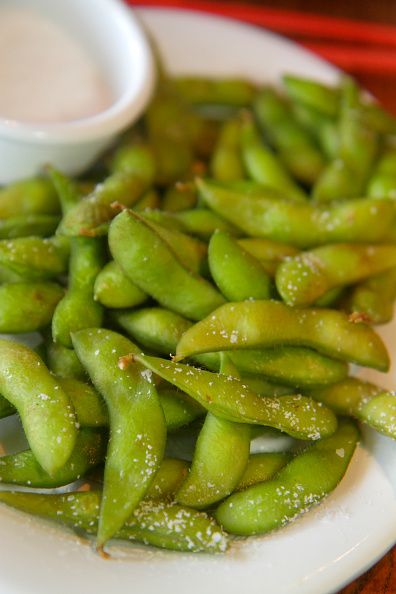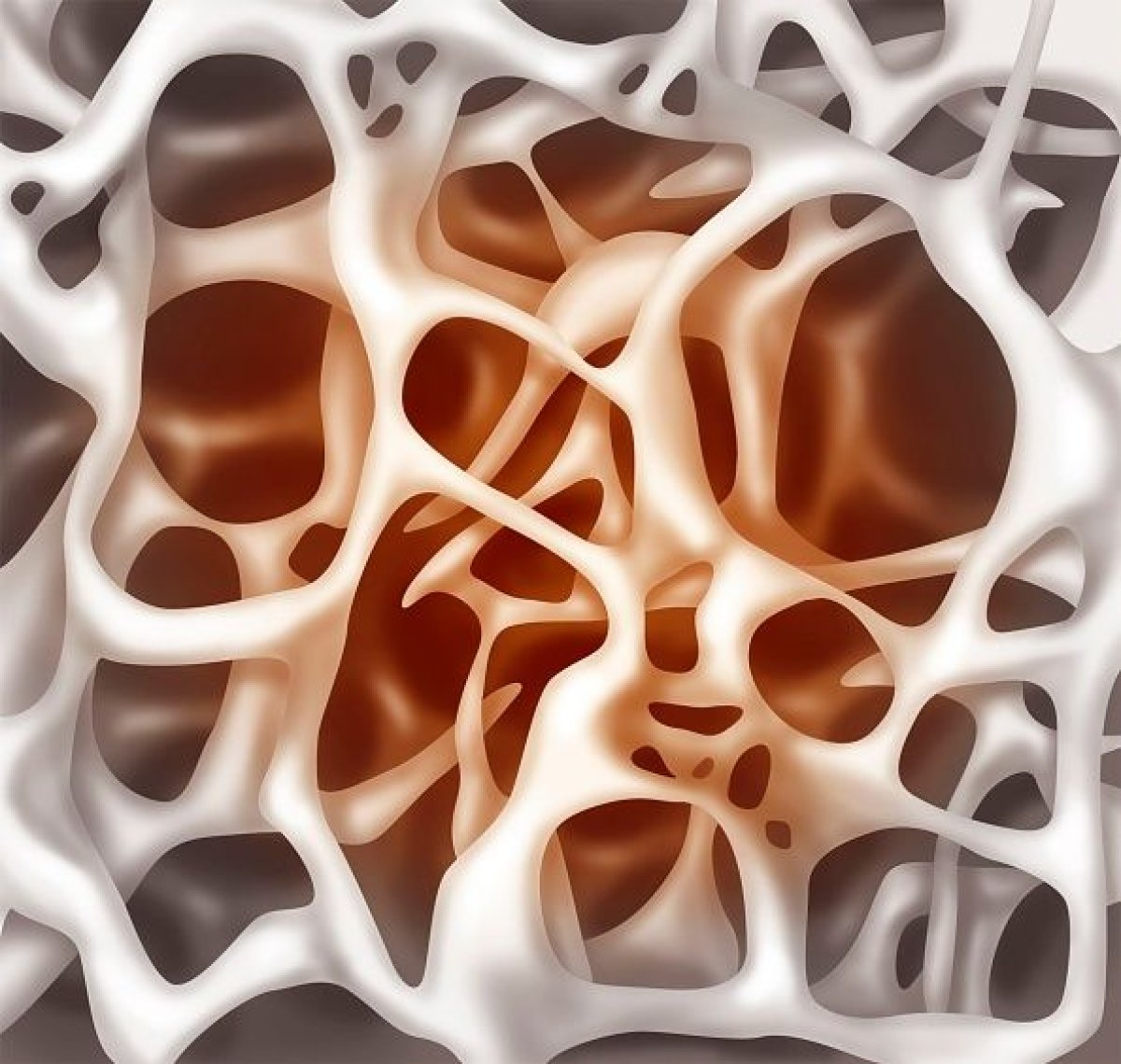
Women could protect their bones by adding some soy to their diet, a new study suggests.
Researchers from the University of Missouri in Columbia have discovered that soy protein found in food might counter the negative effects of menopause on bone and metabolic health. This means that women might be able to protect their bones against osteoporosis by altering their diets. Osteoporosis is a disease characterized by low bone mass and structural deterioration of bone tissue, leading to bone fragility and a higher risk of bone fractures. In the United States, more than 53 million people either already have osteoporosis or are at high risk.
A diet that incorporates soy could protect against this potentially debilitating condition. To conduct their study, the researchers looked at rats fed soy versus those that ate a corn-based diet. The tibia bones of rats that were fed soy were stronger compared to those that ate corn, according to the findings published in Bone Reports.

"The findings suggest that all women might see improved bone strength by adding some soy-based whole foods, such as tofu and soymilk, to their diet," Pamela Hinton, professor of nutrition and exercise physiology, said in a statement. "Understanding how dietary protein sources, such as soy, can impact metabolism and bone health in these rats can help us better understand how such diets might impact women's health across the lifespan."
Hinton and Victoria Vieira-Potter, co-author and associate professor of nutrition and exercise physiology, observed these effects on rats selectively bred to have low fitness levels. The animals were divided between those with and without ovaries to mimic effects of menopause.
"Prior research has shown that these rats are good models, as average American women are relatively inactive both before, and especially after menopause," Vieira-Potter said.
The researchers found that the soy-based diet also improved the metabolic function of the rats both with and without ovaries. That could mean that all women, whether or not they have reached menopause, could benefit.
"Bottom line, this study showed that women might improve bone strength by adding some soy-based whole foods to their diet," Hinton said. "Our findings suggest that women don't even need to eat as much soy as is found in typical Asian diets, but adding some tofu or other soy, for example foods found in vegetarian diets, could help strengthen bones."
Uncommon Knowledge
Newsweek is committed to challenging conventional wisdom and finding connections in the search for common ground.
Newsweek is committed to challenging conventional wisdom and finding connections in the search for common ground.
About the writer
Lisa Spear is a science writing fellow at Newsweek. She's previously contributed to a number of other outlets including Time and ... Read more
To read how Newsweek uses AI as a newsroom tool, Click here.








